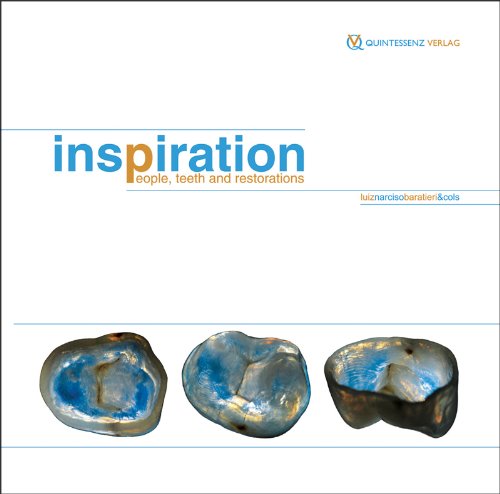
Natural tooth behaves much as a collection of mosaics that change color according to the type of light and media in which they are found, and it is this beauty of tooth composition and form that is the inspiration to those who seek to mimic tooth in dental restorations. This stunning atlas is the culmination of more than 25 years of dedicated study into the optical behavior of teeth and restorative materials. Although the author wows readers with dazzling photography throughout, this book moves beyond a mere clinical art book that only shows what is possible. The practical purpose of this book is also to outline the clinical sequences of how to use composite resins and dental ceramics to achieve the optical characteristics observed so exquisitely in natural teeth. By blending art and dental science, the author has created an ultimate textbook on dental anatomy and restorative dentistry that explores the underlying makeup of the layered structures of the teeth and reveals the techniques of how to meet the challenge of mimicking natural tooth.
Contents
Part One: Optical Behavior of Teeth and Restorations
1. The Natural
2. The Parts
Enamel
Dentin
Dentinoenamel Junction
Aging
3. The Whole
Counter-opalescence
4. The Artificial
Composite Resins
Ceramics
Part Two: Using Technology to Create Natural-Looking Restorations
5. CAD/CAM Technology For the Manufacture of Dental Restorations
CAD/CAM Technology and Its Applications in Dentistry
History of the Development and Use of CAD/CAM Technology
Steps of CAD/CAM Manufacturing and Workflow Possibilities
Modern CAD/CAM Systems
Restorative Materials for CAD/CAM Systems
Final Considerations and Future Perspectives
Part Three: Clinical Case Presentations
6. Dental Bleaching Cases
7. Restoration of Anterior Teeth: Direct Technique Cases
8. Restoration of Anterior Teeth: Indirect Technique Cases
9. Restoration of Posterior Teeth: Direct Technique
10. Restoration of Posterior Teeth: Direct and Indirect Techniques
11. Oral Rehabilitation Cases
